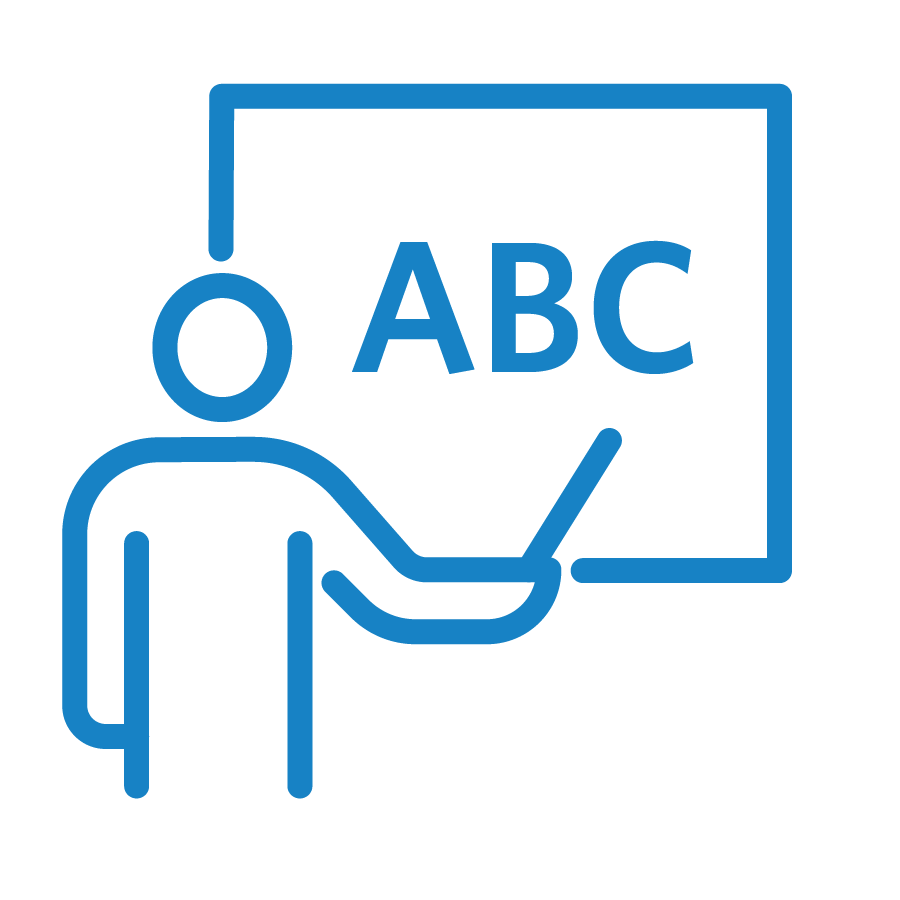Filter resources by:
Select a filter from the drop down menu to apply the filter. Page reloads upon selection
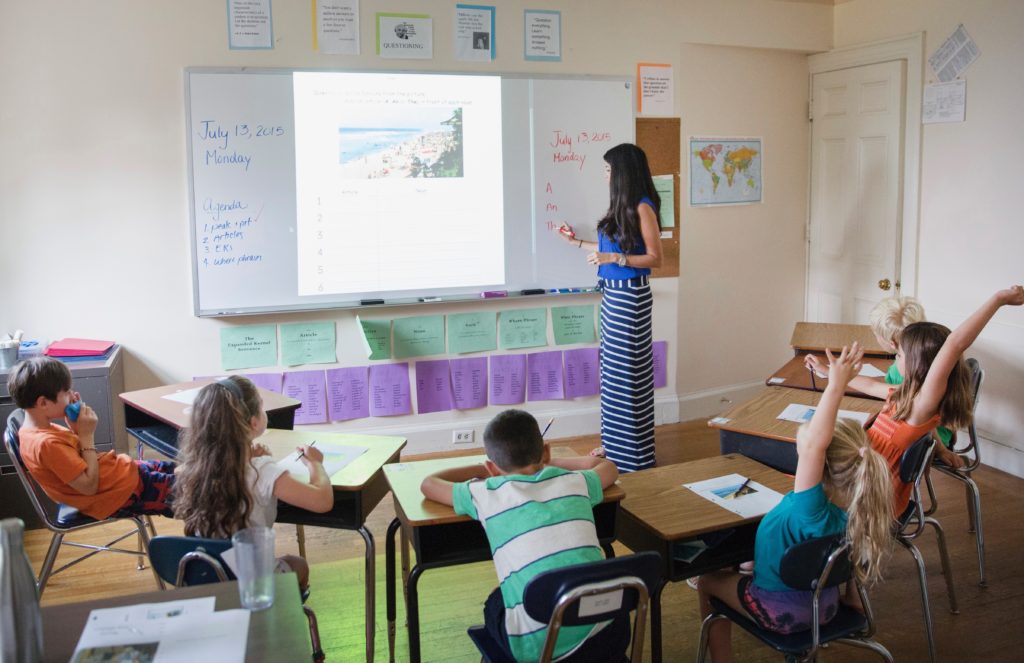
Jun 30, 2025
Language-Based Classroom Environment
Specialized language-based instruction is explicit, systematic, and sequential: Specialized: Instruction is intentional and individualized. Rooted in a deep understanding of neurodevelopmental variation, it is individualized and tailored to a student’s unique strengths, challenges, and learning profile. Explicit: Teachers clearly define concepts, model strategies, state learning goals, and scaffold routines. Students are taught how to learn,
Read Strategy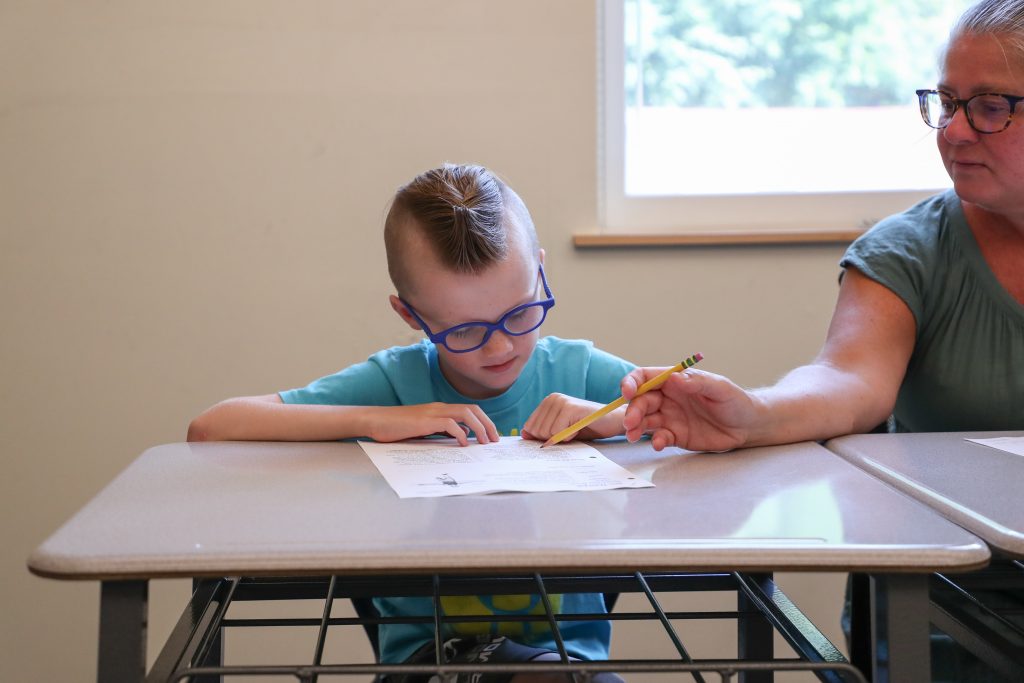
Jun 16, 2025
Assessing Oral Reading Fluency
How Do We Measure Rate and Accuracy? Reading fluency is frequently assessed through oral reading fluency (ORF) tasks. In such tasks, students are asked to read a passage aloud, usually for one minute. A teacher or evaluator takes notes on errors that students make (e.g., substituting, omitting, or misreading words) and then calculates the student’s
Read Strategy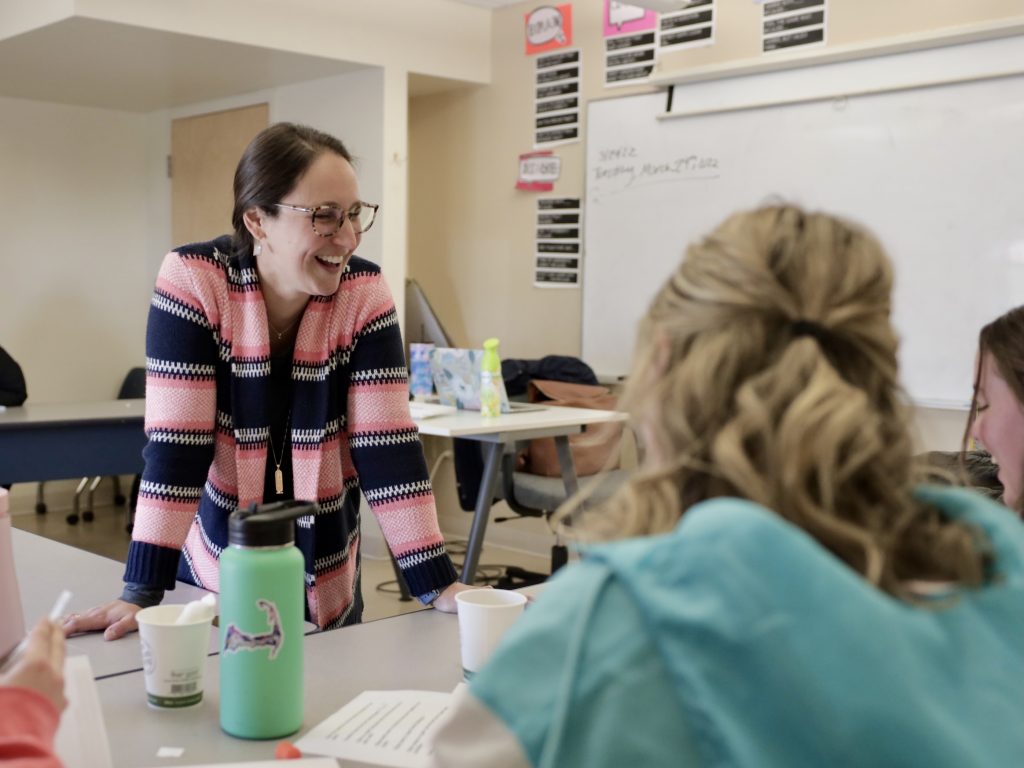
Jun 5, 2025
Include Students in the Learning Process
Educational research has contributed to the efficacy of including students in the learning process. Stephanie L. Haft, Chelsea A. Myers, and Fumiko Hoeft (2016) in their paper titled “Socio-emotional and Cognitive Resilience in Children with Reading Disabilities” assert that when students with learning challenges have the following as a part of their academic experience, outcomes
Read Strategy
Jun 5, 2025
The Two-Column Method of Note-Taking
An enduringly popular strategy for managing information is the note-taking method of two-column notes, which is similar to Cornell notes. Cornell note-taking was first introduced by Walter Pauk in the 1950s and was a key feature of his widely used book How to Study in College. Two-column notes and Cornell notes both differentiate main ideas
Read Strategy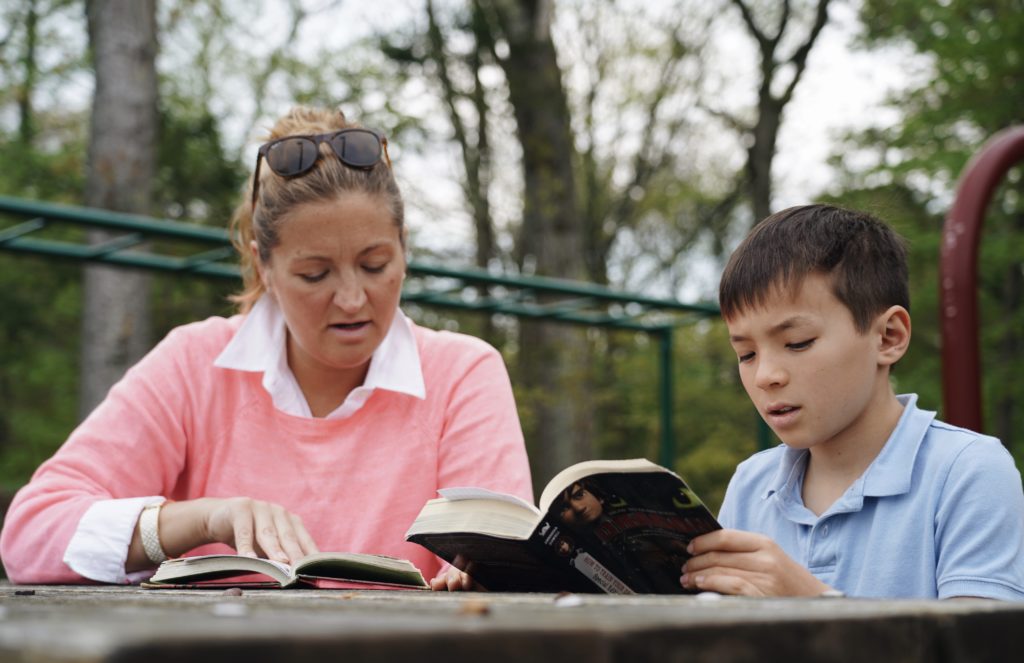
May 19, 2025
Diagnostic and Prescriptive Teaching
Diagnostic and Prescriptive Teaching in Action “Prescribed instructional goals must flow from assessment, addressing the learner and [their] style of learning, the skills or abilities that must be learned, and the situation and contingencies under which learning will be best facilitated” (Reynolds and Fletcher-Janzen, 2007, pg. 772). In other words, a teacher or administrator must
Read Strategy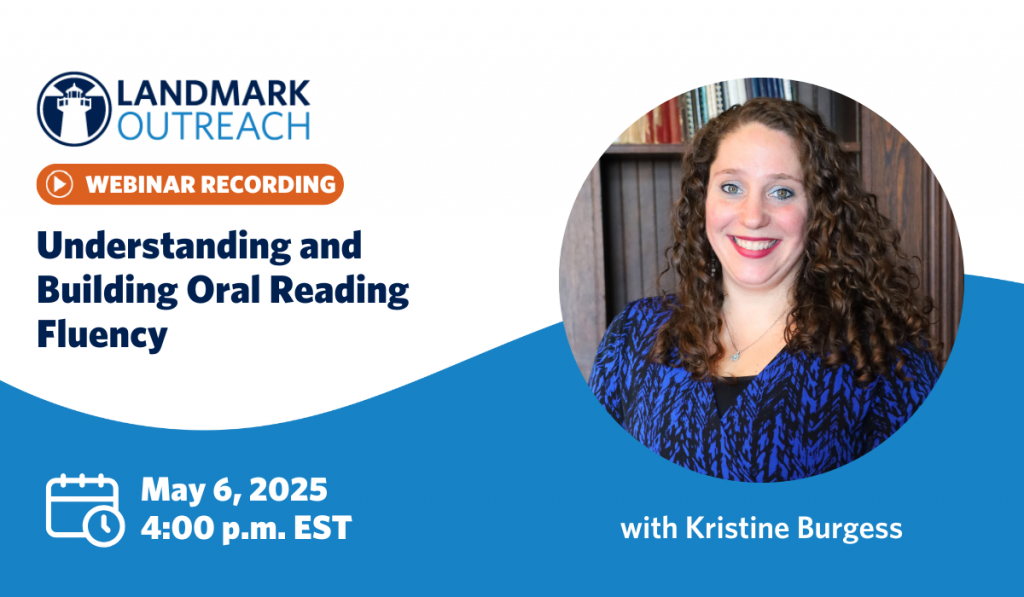
May 7, 2025
Must be logged in
Understanding and Building Oral Reading Fluency | Webinar Recording
Join Landmark High School Faculty and Reading Department Head Kristine Burgess to explore a closer look at what reading fluency is, what it is not, and how to best build and support oral reading fluency.
View Webinar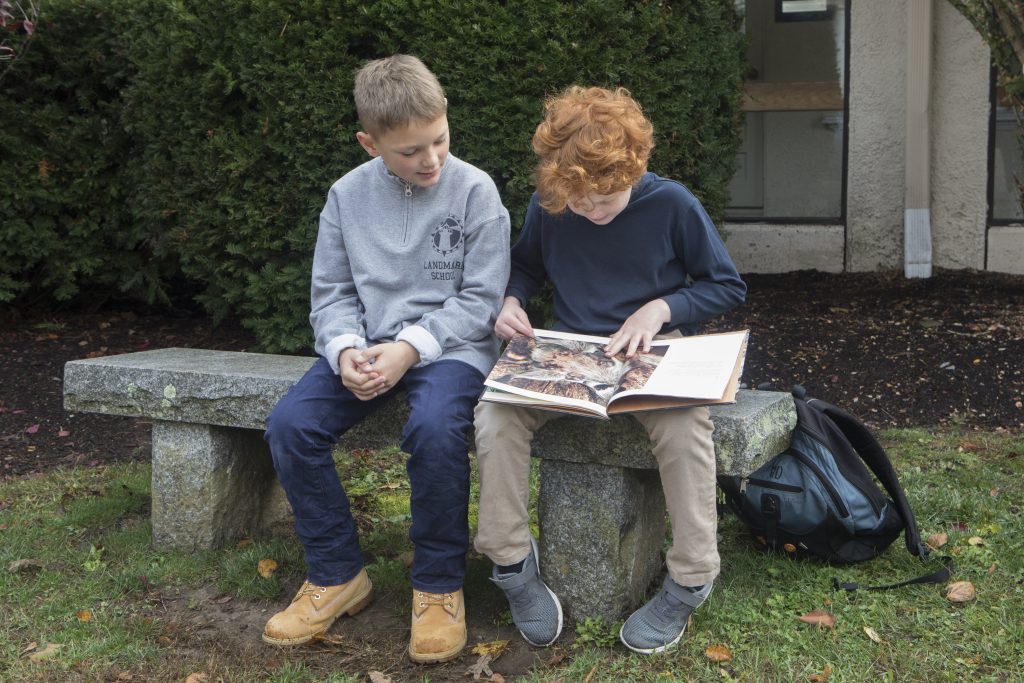
Apr 28, 2025
What is Social Communication?
Key Elements of Social Communication Pragmatic Language Pragmatic language is conceptualized in Bloom and Lahey’s model (1978) of three overlapping components of language: form, content, and use. Language use, or pragmatics, refers to cohesive discourse (or conversational exchanges), which can be verbal or nonverbal. An example is the ability to use and interpret tone of
Read Strategy
Apr 28, 2025
Understanding and Building Oral Reading Fluency
Defining Oral Reading Fluency In 2000, the National Reading Panel identified reading fluency as one of the five critical pillars of reading development and achievement. Oral Reading Fluency (ORF) is defined as the ability to read with speed, accuracy, and proper expression. In other words, ORF is a combination of two distinct skill sets: automatic
Read Blog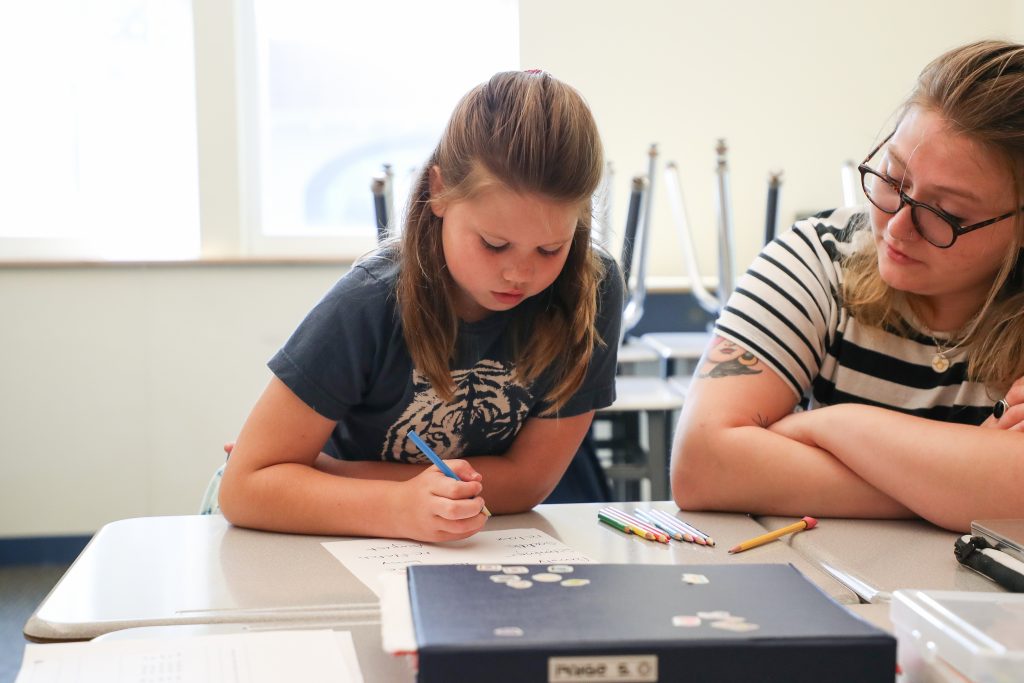
Apr 24, 2025
Social Communication Across the Language Areas
Let’s take a closer look at how pragmatic language skills (social communication) intersect with these four language areas: Listening Comprehension Simply put, listening comprehension refers to the ability to understand spoken language. However, it is much more nuanced. There are elements of listening that highlight the relationship to pragmatic language. Listenwise refers to the work
Read Strategy